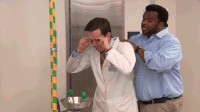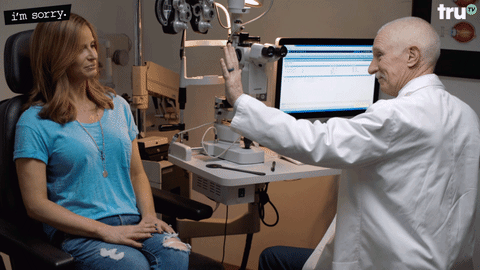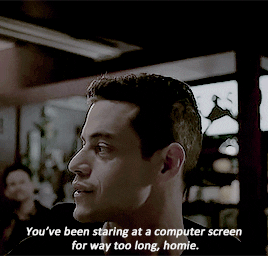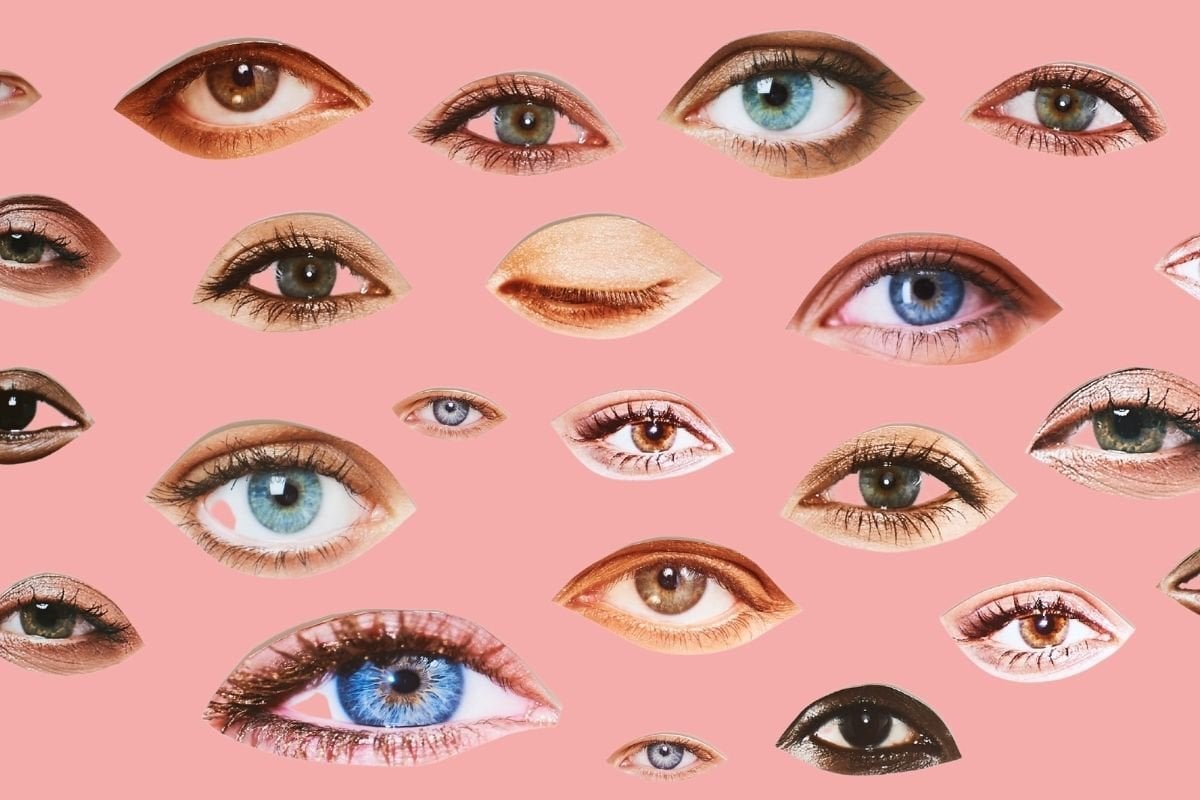
If you're a dame with a set of eyes in your face, chances are this is one area of your health you kinda neglect. Like you know it's 100 per cent important, but... you just never get around to seeing the optometrist and all that kinda stuff.
And we get it! Gosh, we get it. We're exactly the same. Your eyesight is one of those things that you just just pretty much ignore until it's not working right.
Watch: Too much screen time hurting your eyes? Here's what you can do. Post continues below.
So, if you're looking to change your ways and learn what you should be doing in order to keep your eyes in good health and know how to protect 'em, we've got you covered.
We asked optometrist Greeshma Patel from Specsavers, to tell us some of the most important things we need to know about our eye health.
So, grab your glasses. You got some readin' to do.
1. If your eyes are irritated, they're probably dry.
Anyone else rubbing their itchy eyes like crazy? Or catching a glimpse of yourself midday to find you've got yourself one cute bloodshot eye?
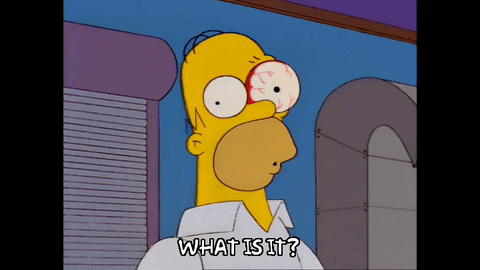 Is... is something wrong?
Is... is something wrong?


